Explore the Best AI Image Gallery
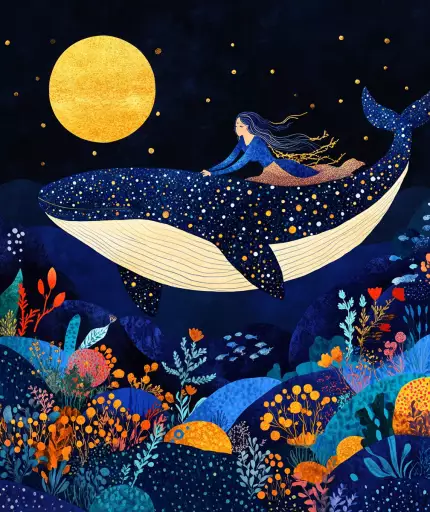
Pixels on Skin: How AI Image Creation Tools are Transforming the Creative Industry
The realm of artistic creation is undergoing a seismic shift, driven by the emergence of powerful AI image generation tools. These innovative technologies, fueled by sophisticated algorithms and vast datasets, enable users to conjure stunning visuals with just a few words or prompts. From concept art for movies to personalized marketing materials, AI-powered image creation is making its mark across diverse industries.
A New Palette of Possibilities
The impact of AI image generation tools on the creative industry is multifaceted and far-reaching:
- Democratization of Art: AI tools empower individuals with limited artistic skills to create compelling visuals, breaking down traditional barriers to entry.
- Enhanced Efficiency: Designers and artists can leverage AI to rapidly generate multiple iterations of concepts, saving time and resources.
- Personalized Experiences: AI can tailor images to individual preferences, creating unique artwork or marketing materials that resonate with specific audiences.
Applications Across Industries
The potential applications of AI image generation tools span a wide range of industries:
- Marketing and Advertising: Generate eye-catching visuals for social media campaigns, product advertisements, and brand collateral.
- Gaming and Entertainment: Create immersive game environments, character designs, and promotional materials.
- Architecture and Design: Visualize architectural concepts, interior designs, and product prototypes.
- Fashion and Apparel: Design clothing patterns, generate virtual fashion shows, and personalize apparel choices.
Ethical Considerations
While AI image generation offers tremendous opportunities, it also raises important ethical considerations:
- Copyright and Intellectual Property: Questions arise regarding ownership of AI-generated artwork and the potential for infringement.
- Bias and Representation: AI algorithms can perpetuate societal biases if trained on biased datasets, leading to inaccurate or discriminatory representations.
- Job Displacement: Automation of creative tasks may impact employment opportunities in certain sectors.
Navigating the Future
As AI image generation technology continues to evolve, it is crucial for artists, designers, policymakers, and the public to engage in open dialogue and establish ethical guidelines. Collaboration between humans and AI will likely shape the future of creative expression, fostering innovation while ensuring responsible and inclusive practices.
The integration of AI into the creative process presents both challenges and opportunities. By embracing transparency, addressing ethical concerns, and fostering a culture of collaboration, we can harness the power of AI to unlock new frontiers in artistic creation and enrich our world with innovative and inspiring visuals.
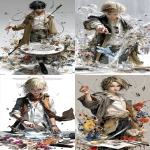
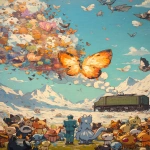
](https://images.ai-img.art/thumbnails/150/b814eba984b490e7f87095501b4c13b17e89f8960f044f09fbf2053969d9be29.webp)

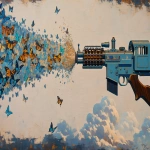
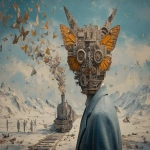
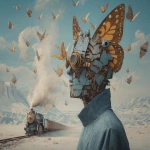
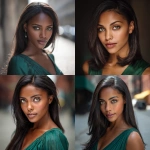
](https://images.ai-img.art/thumbnails/150/6650b0d98c6fec81df8bdfb569e0033970b46a653d188dde42417e624901493f.webp)

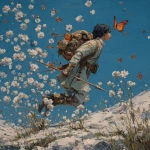
](https://images.ai-img.art/thumbnails/150/f7e46d83151e744219d4886ca1329794d3e9d5071649abea0b2996cb34c3c77c.webp)
](https://images.ai-img.art/thumbnails/150/230fb1adf4241373591167585daecc4556f4c58c4d0dc33638c62b1c60c1b72a.webp)
](https://images.ai-img.art/thumbnails/150/266c825c7f03beff90a8a60e36207b8240cdf722eb1cf5db26e8adb51b992287.webp)
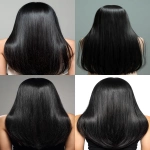
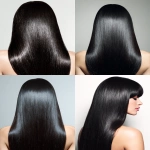

](https://images.ai-img.art/thumbnails/150/396b1c442fa4d576e35f871ba0f3c7e52bb62c6bcee69082dbcb816a5fd3aa8c.webp)
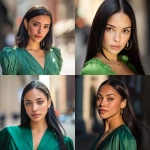
](https://images.ai-img.art/thumbnails/150/bda14621f89269b376d6681934fea3c4af8c5f8593b80e1cb25cdf0047f98621.webp)
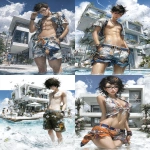

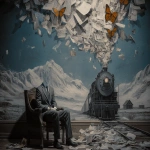
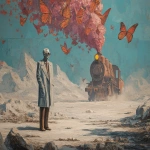
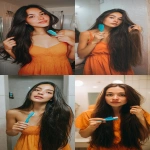
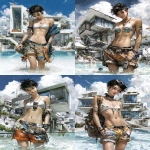


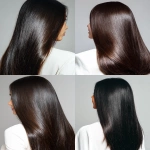


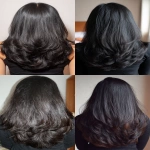

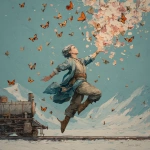
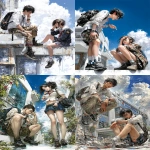
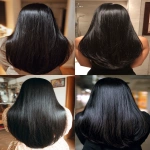

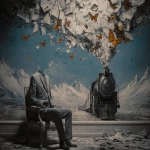
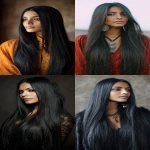
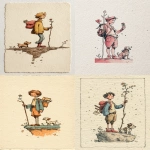
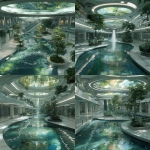
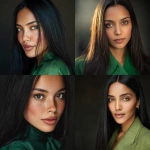
](https://images.ai-img.art/thumbnails/150/10ab1dbb1358d3dbba41472a395400bd9daf5cba3f5c8841970b4110820d5a15.webp)
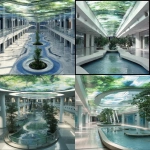
](https://images.ai-img.art/thumbnails/150/58fa7e3c741db40e9e61e20410c8d5675b11efb625df109812cc768f9b17b717.webp)
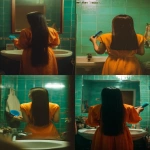
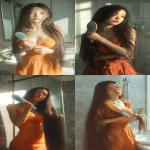
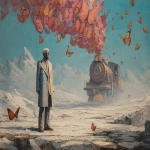
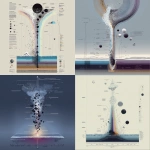
](https://images.ai-img.art/thumbnails/150/2f4f685af05f9526e1ac2f05f53dbb1d97bf8a65f6a41c6e67059c5ed2aa871f.webp)